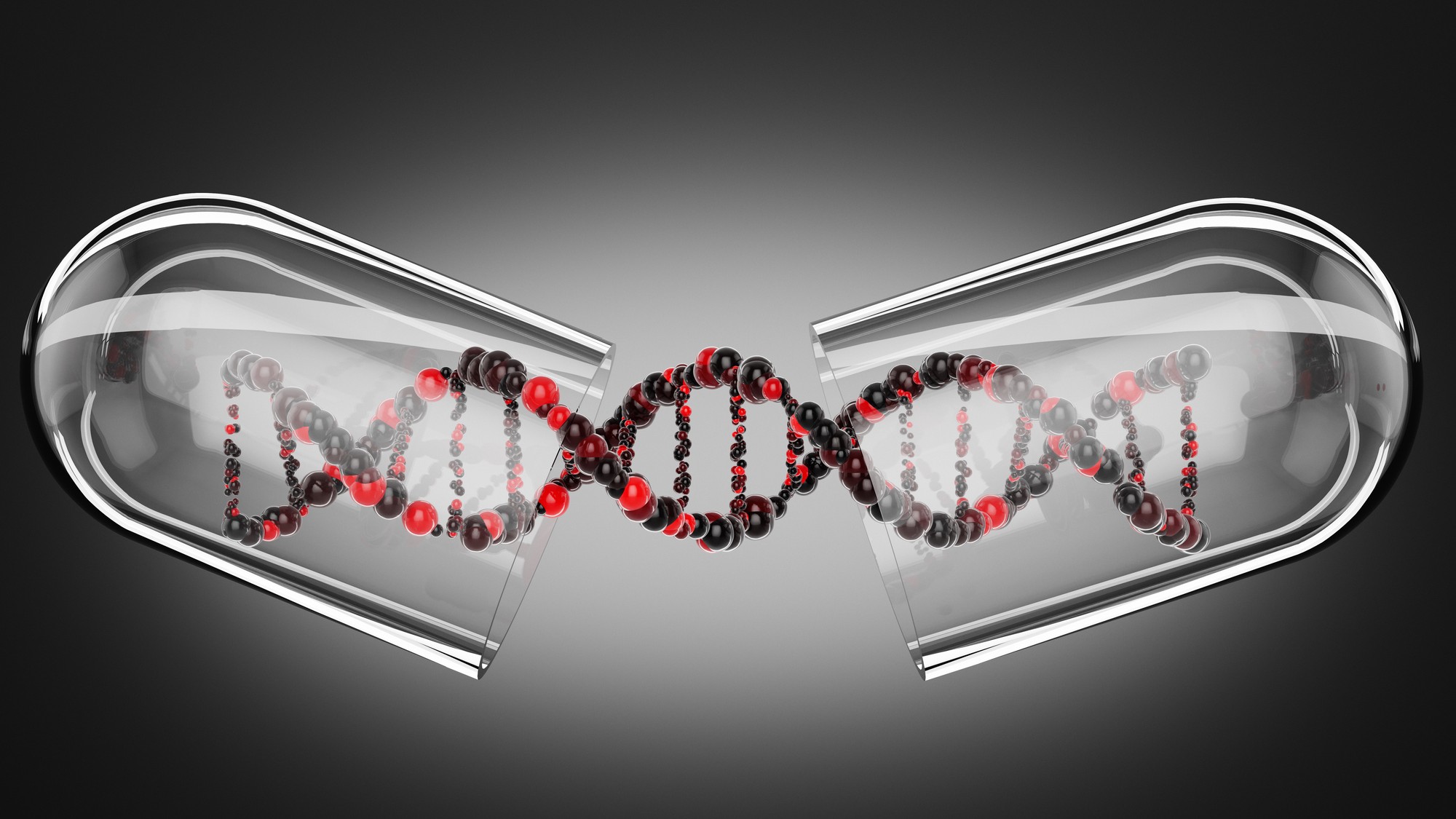Scientists have made a groundbreaking advancement in the field of evolutionary biology by significantly accelerating the process of protein evolution. A team from the Scripps Research Institute has developed a system known as T7-ORACLE that can condense evolutionary timelines, allowing researchers to introduce beneficial mutations in mere minutes. This technology could pave the way for numerous medical breakthroughs, especially in the treatment of diseases such as cancer and neurodegenerative disorders.
The method of directed evolution involves rapidly evolving proteins by introducing advantageous mutations and selecting the most effective variants. As described by Popular Mechanics, the proteins that emerge from this process can be utilized in a wide range of potential therapies. With T7-ORACLE, scientists can now achieve results equivalent to 100,000 years of evolution in just minutes, as detailed in a study published in the journal Science.
Revolutionizing Protein Evolution
Peter Schultz, a co-senior author of the study, likened the breakthrough to “giving evolution a fast-forward button.” Traditional methods of directed evolution often required multiple rounds of DNA manipulation and testing, with each cycle taking a week or more. T7-ORACLE circumvents these delays by employing an engineered E. coli bacterium that hosts a separate, artificial DNA replication system. This innovative approach allows for the cell’s original genome to remain unaffected while enabling mutations to be introduced with every cell division, which occurs approximately every 20 minutes.
Christian Diercks, another co-senior author, emphasized the significance of this development. “Instead of one round of evolution per week, you get a round each time the cell divides — so it really accelerates the process,” he stated in the press release.
Broader Implications for Medicine and Beyond
Directed evolution is not a new concept; it gained prominence when Frances Arnold received the 2018 Nobel Prize in Chemistry for her pioneering work in this field. The recent advancements, including T7-ORACLE, build upon her foundational research and promise to enhance the speed and efficiency of protein evolution.
In May 2025, another significant approach known as PROTein Evolution Using Selection (PROTEUS) was introduced, focusing on evolving proteins within mammalian cells. These innovations suggest a future where scientists can rapidly develop new medicines and better understand complex biological processes, such as antibiotic resistance.
The potential applications of directed evolution extend beyond medical use. The technology could facilitate the development of enzymes capable of breaking down environmental pollutants, including plastics. As highlighted by Caltech Magazine, the ability to evolve virtually any protein in just days rather than months represents a significant leap forward in both scientific research and practical applications.
Diercks concluded, “What matters is that we can now evolve virtually any protein, like cancer drug targets and therapeutic enzymes, in days instead of months.” This advancement not only enhances the efficiency of scientific exploration but also holds promise for addressing pressing global health and environmental challenges.







































































